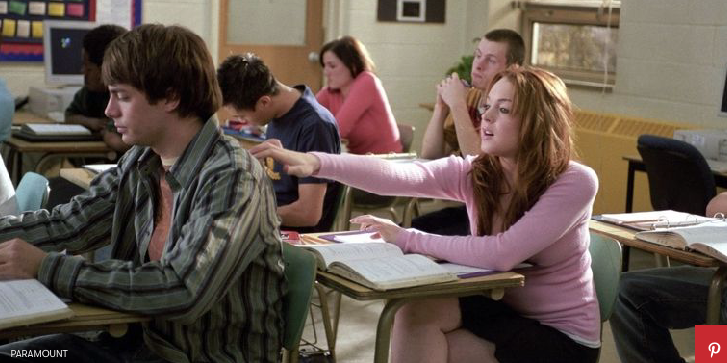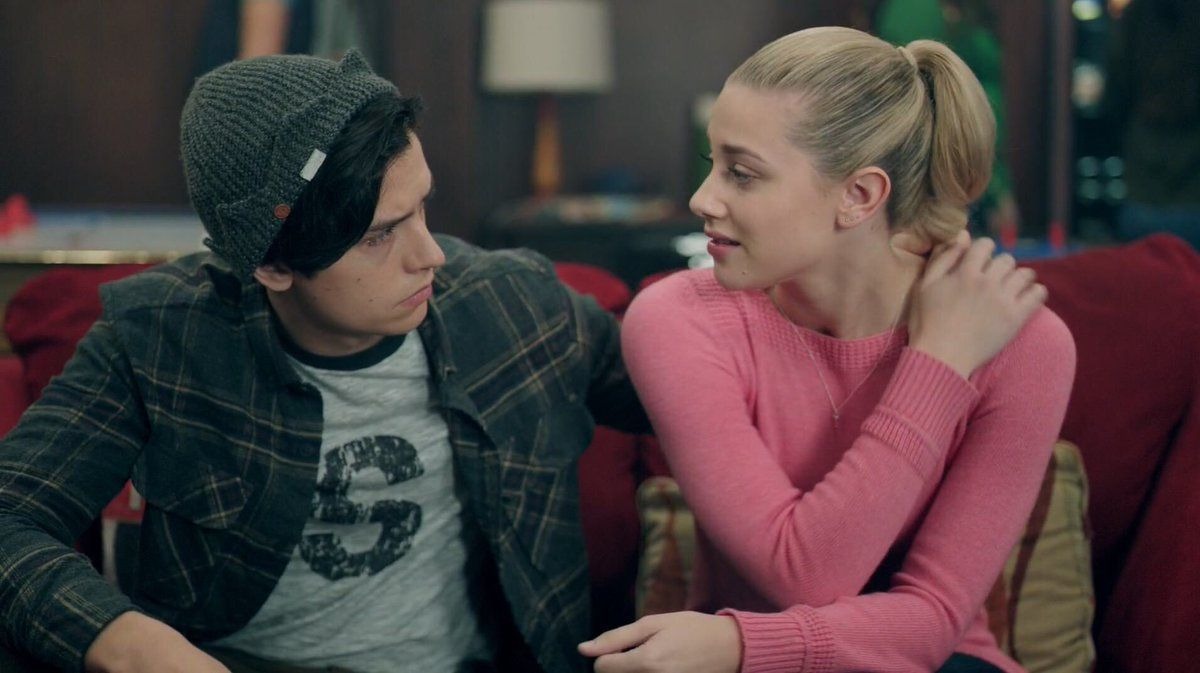Childhood Innocence and the First Glimpse of Connection
Sometimes, memories return without warning. You see a stranger with mismatched socks, or a young girl nervously clutching a notebook, and something tugs at your chest. A forgotten feeling resurfaces—not because of what happened, but because of what didn’t.

One such memory has stayed with me for years, glowing quietly in the background of my adult life. It wasn’t a kiss. It wasn’t a confession. It was just a small moment in a school bathroom. A moment that, strangely enough, taught me the rawest truth about trust and emotional vulnerability.
The Rainy Afternoon That Changed Everything
I was twelve. Barely a teenager, stuck in that confusing time where you’re not quite a child but nowhere near an adult. That day, the sky had turned a dull shade of gray by lunchtime. Rain had started to fall, just enough to keep everyone indoors. My classmates stayed in their homerooms, restless but dry. Miki and I, however, had made a plan.
Miki wasn’t popular. She wasn’t loud or confident. She was quiet in a way that made her easy to miss if you weren’t paying attention—but once you noticed her, you couldn’t look away. Her ponytail always leaned slightly to one side. Her socks had cartoon cats on them, even though those violated the dress code. She sat near the window and filled her notebooks with sketches of flowers and raindrops, not equations or grammar rules.

That day, while whispering about the kinds of secrets twelve-year-olds think are scandalous, we made a pact. We’d sneak into the same toilet stall—not for anything bad. We just wanted to talk. Alone.
It was innocent. Naive. But also quietly daring.
A Shared Space, A Shared Secret

She stepped in first. I followed. The stall was small, barely big enough for one. Our knees touched as we tried not to move too much. My heart was beating louder than the rain outside.
“I’ve never done this with anyone,” she whispered, eyes cast downward.
I didn’t know what she meant. I was too nervous to ask. My attempt to reply came out as a stuttered joke, which made her giggle. I laughed too, more from nerves than humor.
She looked up and said, “I don’t even need to pee. I just wanted to see if you’d actually come.”
And we both burst into laughter—soft, breathy, nervous laughter—the kind that makes your stomach flutter. We weren’t doing anything wrong. We were just two kids, awkward and honest in the most unexpected place.
Maybe that’s what made it special.
A New Chapter Without Words

We never returned to that bathroom stall. Not together, not separately. But something changed after that day. A quiet shift in the way we looked at each other. We began exchanging notes in class. Long ones. Pages filled with half-baked poetry, manga references, and questions like “Do you believe in soulmates?” scrawled in margins beside flower doodles.
Miki had a way with words. She wrote like life was a story waiting to be narrated. In one note, she wrote:
“You make me feel like I can be the weirdest version of myself, and it’s still okay.”
That line hit me harder than any “I like you” ever could. I folded that piece of paper and kept it in a shoebox under my bed. I kept all her notes there. It was my own secret world.
Growing Up Means Growing Apart
But life moves. School years pass. We graduated from junior high. High school started, and Miki disappeared.
Her father got transferred, and just like that, she was gone. She didn’t tell many people. Just slipped away. I found one last note in my locker—no name, but unmistakably hers.
“You were my first person. Not a crush. Not a boyfriend. Just… the first person I didn’t hide from. Thank you.”
There were no dramatic goodbyes. No hugs in the rain. Just that note. I read it over and over again for years.
The Power of a Small Memory

Now, as an adult, I sometimes catch a glimpse of a young girl with off-center hair or mismatched socks, and I remember Miki. Not because of what could have been, but because of what simply was. A bathroom stall. Shared laughter. The quietest form of emotional intimacy.
In today’s world, we rush to assign meaning to every event. Relationships must progress. Actions must lead to outcomes. But not every moment is a stepping stone. Some memories are just… complete. Whole, in their smallness.
Psychologists say that memories formed during adolescence often carry more emotional weight than those from later life because of the heightened sensitivity to social interaction during that stage of brain development【source: Harvard Health Publishing】.
And maybe that’s why I remember Miki so clearly. She was part of a time when everything felt new, raw, and sacred—even silence.
Looking Back, Not for Answers, But for Peace
A few years ago, I tried to find her. I typed her name into search engines, scrolled through profile pictures, tried to match a face with the girl I remembered. Nothing matched. Maybe she changed her name. Maybe she never joined social media. Or maybe she’s living a quiet life somewhere, still sketching in the margins of her notebooks.
Or maybe she doesn’t remember me at all. And honestly, that’s okay too.
Not all memories need to be shared to matter. Not every story needs an ending.
A Memory That’s Mine Alone
That bathroom moment—the way it made me feel seen without needing to perform—is something I carry with me like a pebble in my pocket. Smooth, worn, unremarkable to anyone else. But to me, it’s everything.
I’ve loved and been loved since then. I’ve had messy breakups and beautiful beginnings. But none of them erased that one quiet memory of Miki. Not like a ghost or a regret. More like a lullaby I hum in my mind. A secret song that only I know.
Some people leave footprints on your heart. Others just touch it gently and walk away.
Miki was the latter.
And that’s more than enough.
Why These Moments Matter: Emotional Honesty in Youth
Experts in developmental psychology highlight that small acts of trust during adolescence—such as private conversations or the sharing of personal thoughts—can have a lasting influence on one’s sense of self and capacity for future emotional connection【source: American Psychological Association】.
This story isn’t just about childhood nostalgia. It’s about how formative relationships, even when brief and undefined, shape our inner worlds. They don’t need dramatic outcomes to be meaningful. Their value lies in their purity—untainted by expectations or agendas.
We often overlook such fleeting interactions. But sometimes, those moments are where our truest selves are born.
Final Thoughts: Trust, Rain, and Laughter Behind a Door
So the next time you feel a sudden warmth at a random memory—maybe from decades ago—don’t dismiss it. That flash of recollection might be your heart’s quiet reminder of who you were and how far you’ve come.
Some memories don’t need to be shared to be real. Some connections, though brief, are timeless.
And sometimes, a small moment in a rainy hallway behind a closed bathroom door becomes the beginning of understanding what it means to be emotionally honest.
Even if no one else ever knows.
Sources
-
Harvard Health Publishing – Why we remember emotionally charged moments
-
American Psychological Association – Adolescence and Emotional Development
